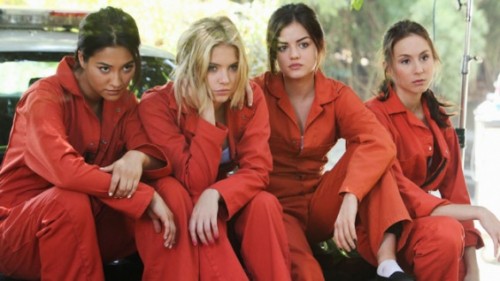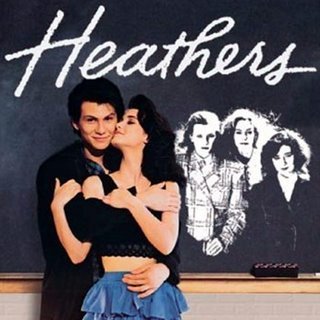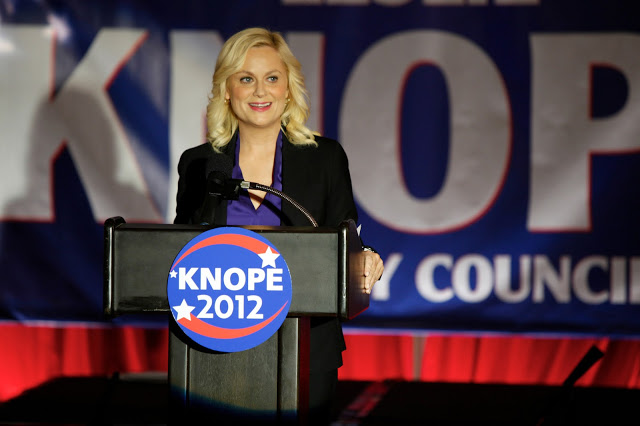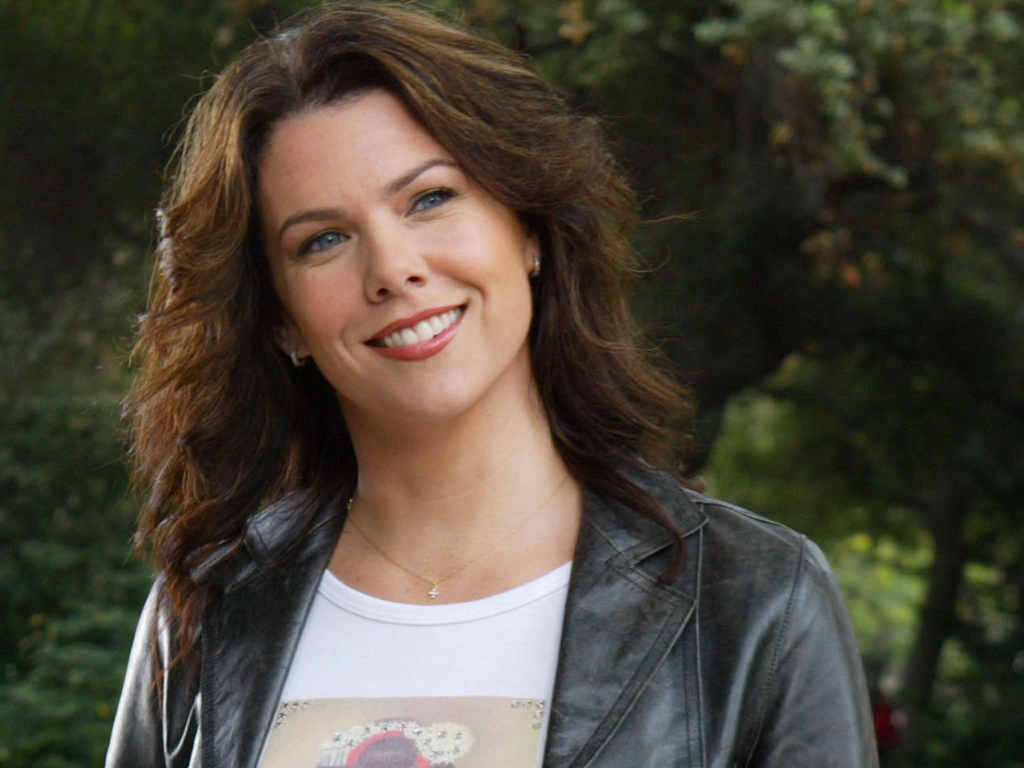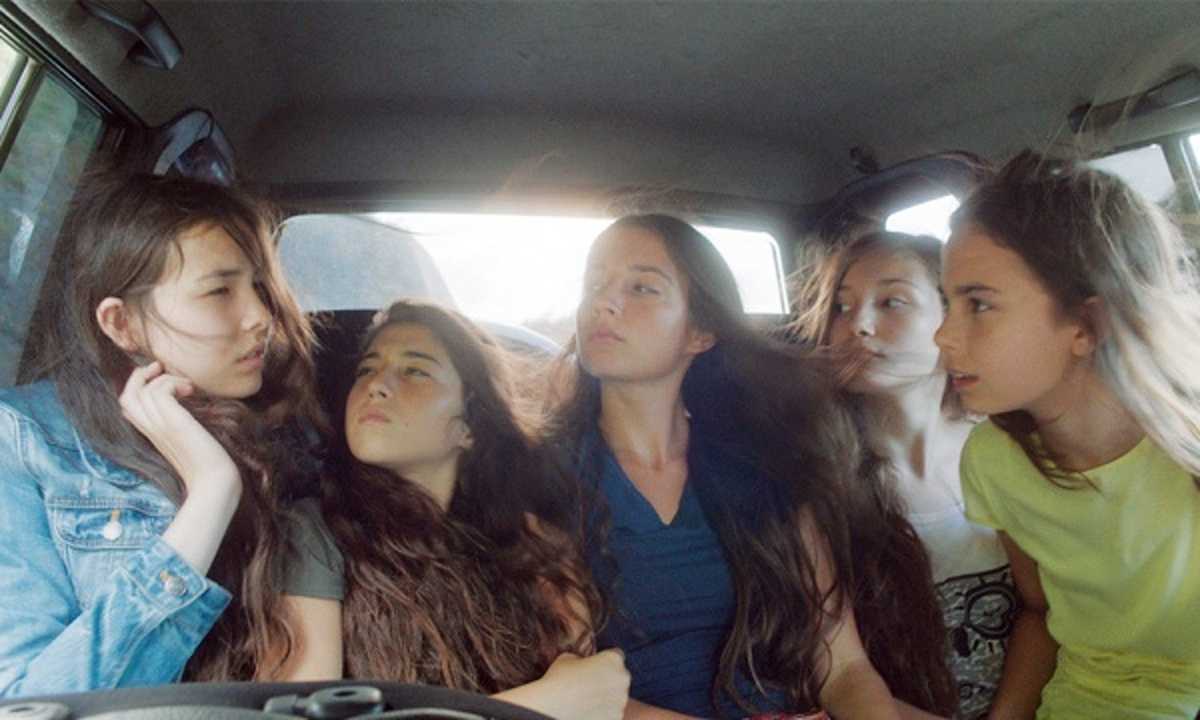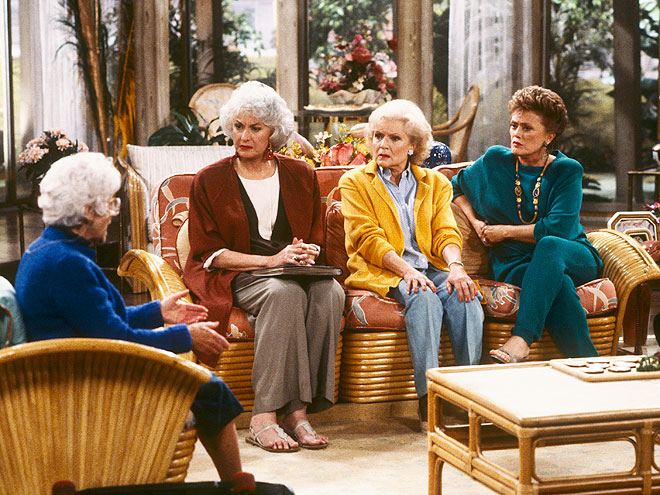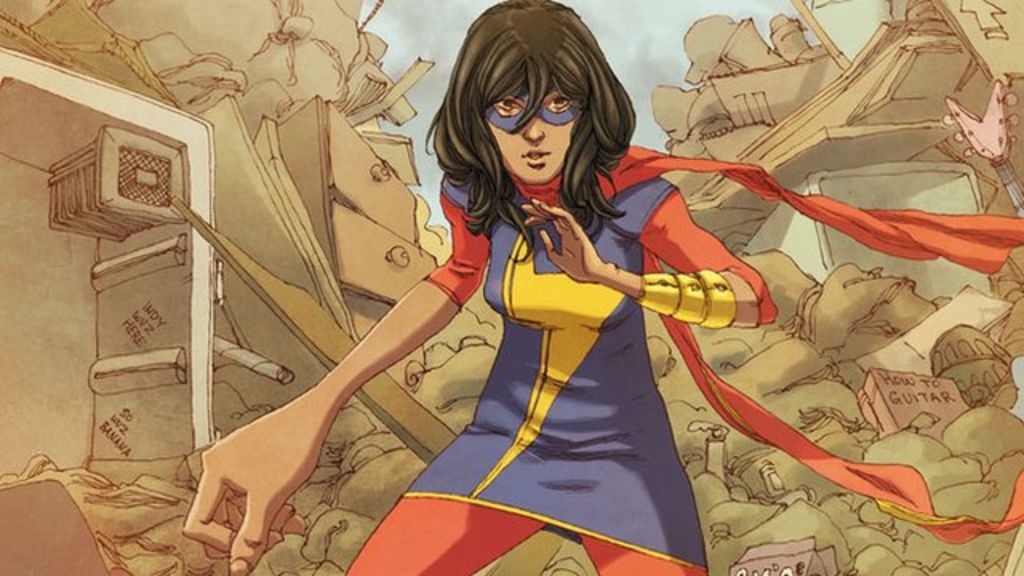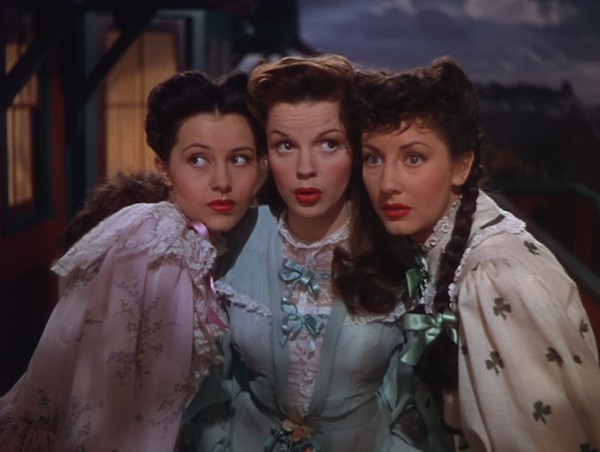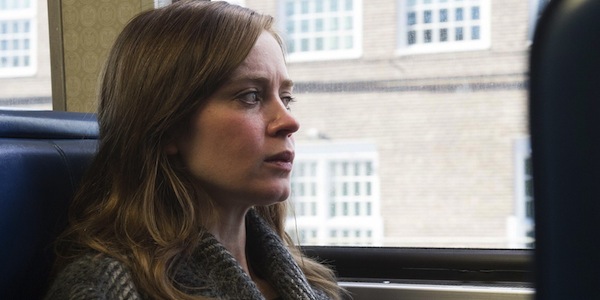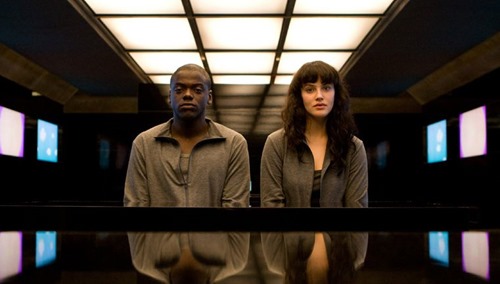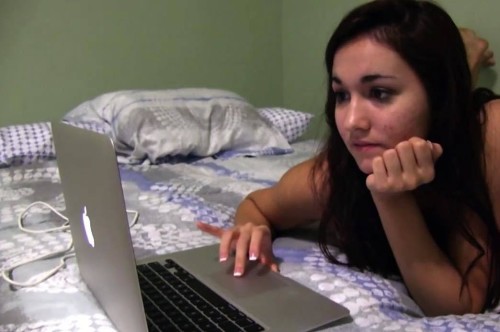In Spite of Mean Girls: The Radical Vision of ‘Pretty Little Liars’
In her bestselling collection ‘Bad Feminist,’ Roxane Gay starts the listicle entitled “How to Be Friends with Another Woman” with this as the very first item: “Abandon the cultural myth that all female friendships must be bitchy, toxic, or competitive. This myth is like heels and purses—pretty but designed to SLOW women down.”
